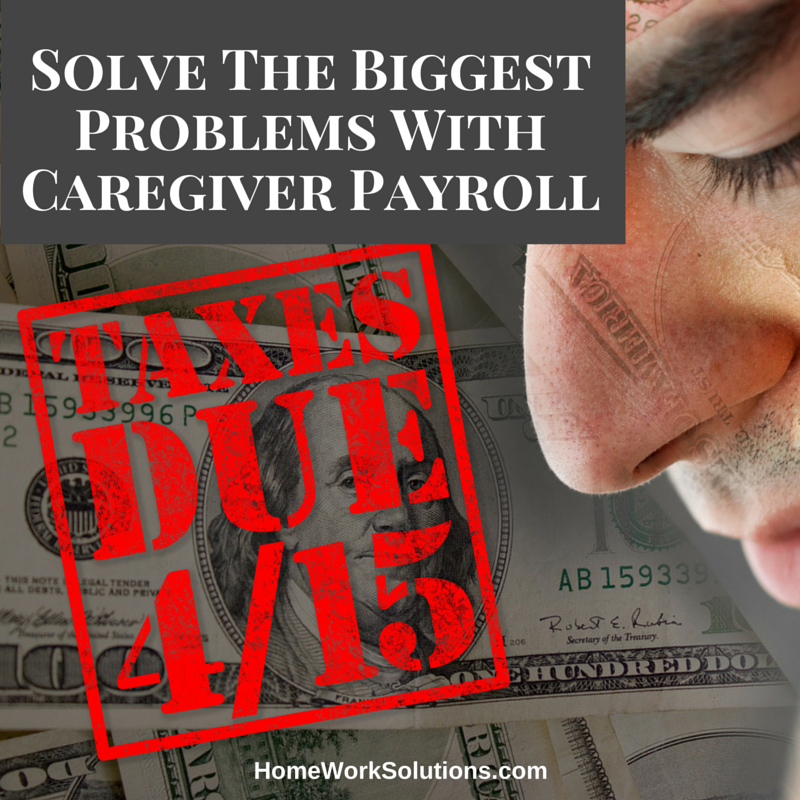
If you’ve recently hired a senior caregiver, it is extremely important that you understand how to properly manage payroll, as there is a lot of misinformation out there that can be confusing. If you can understand what the biggest problems with senior caregiver payroll are, then you will be able to get started on the right foot at the very beginning of the employment relationship.
Tip #1: Understand your obligations as the employer.
As an employer, you need to be aware that there are tax laws and regulations that need to followed, or else there could be big fines to pay. Hiring a senior caregiver may be a new process that you have had to undertake, but the payroll portion doesn’t necessarily need to be complex or time consuming, especially if you work with a household payroll specialist right away. Doing this means that you can ask questions and ensure that you have all of the right information you need from the get go.
Tip #2: You need to track hours.
There are new laws in place that require employers to offer proof of employee’s wages and time worked. To help with this, write a work agreement that clearly outlines your senior caregiver’s hourly rate, overtime rate, and payment schedule. Keep detailed records of hours worked every week and remember, the more detailed you are, the better protected you are in the case of a payment dispute or other circumstance that requires you to show your employee’s time worked.
Tip #3: Include tax deductions
Your senior caregiver is an in-home employee and that means you need to adhere to federal, state, and other state labor laws. For many employers, it is incredibly overwhelming to understand what should be deducted and at what percent. There are certainly some important must-knows about preparing taxes for your employee and if you don’t know how to do it correctly, a simple mistake could mean that you’ll be forced to pay unexpected penalties, taxes, or other costs associated with errors.
Not sure where to begin? Plan ahead and start working with a household payroll specialist. This will help you stay organized and you’ll be able to get questions answered that you may be confused about. This can help you avoid expensive errors and will help you better comprehend how the payroll process works as an employer.


